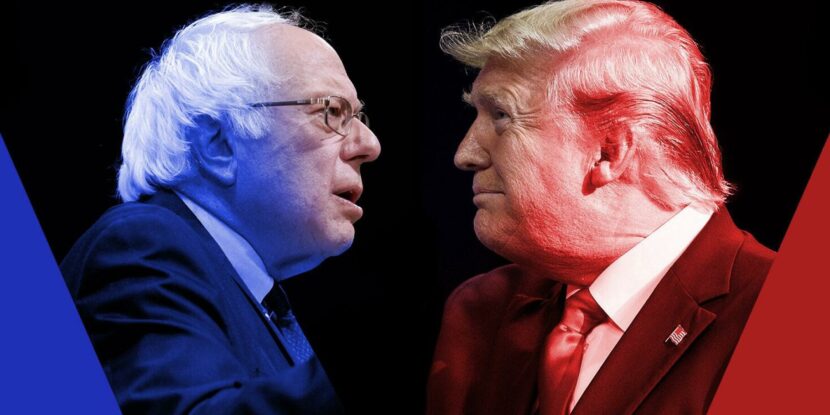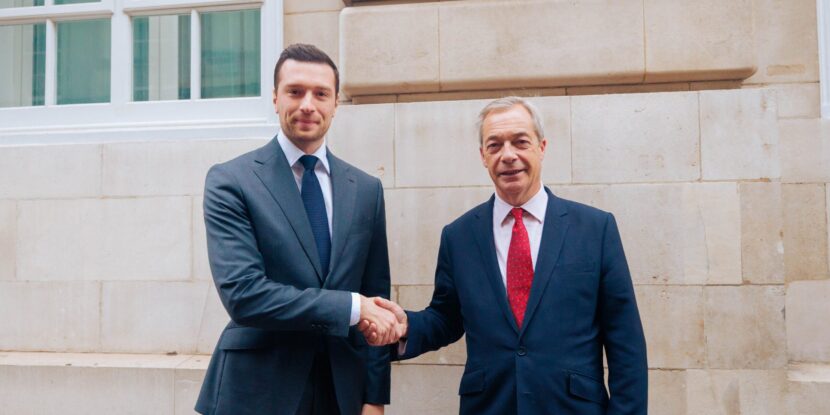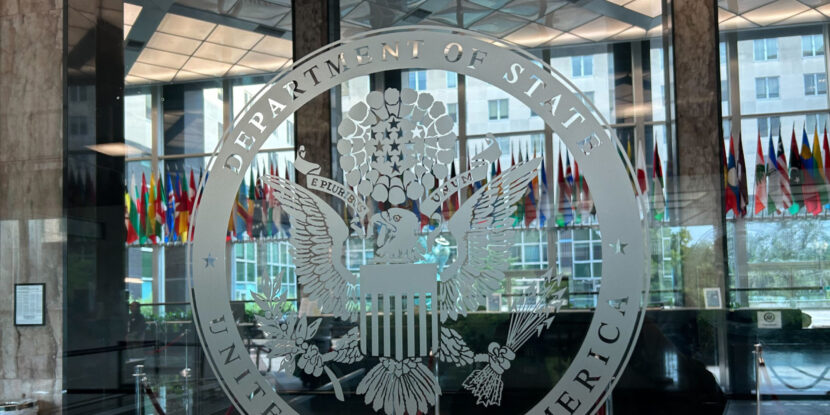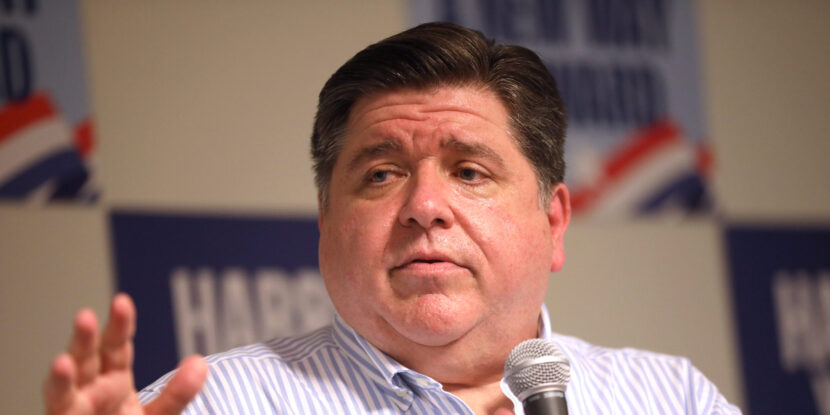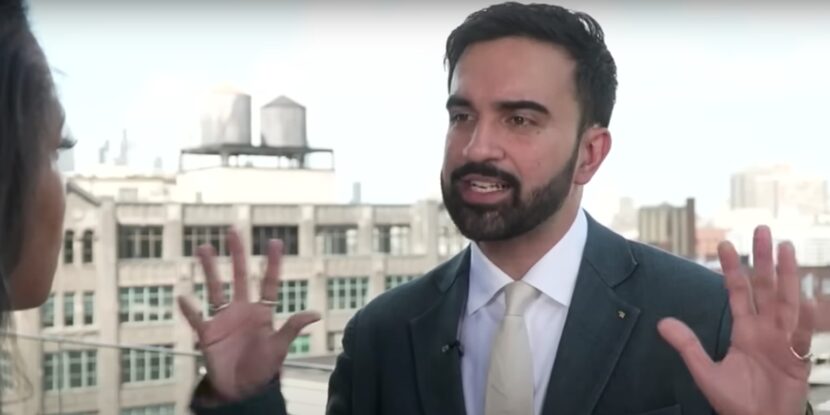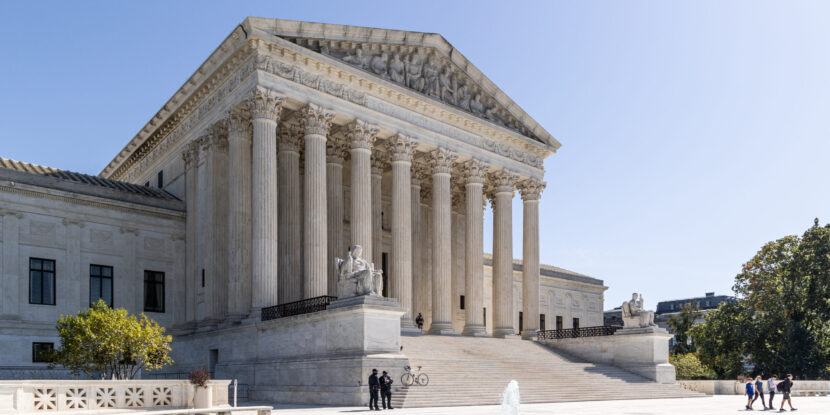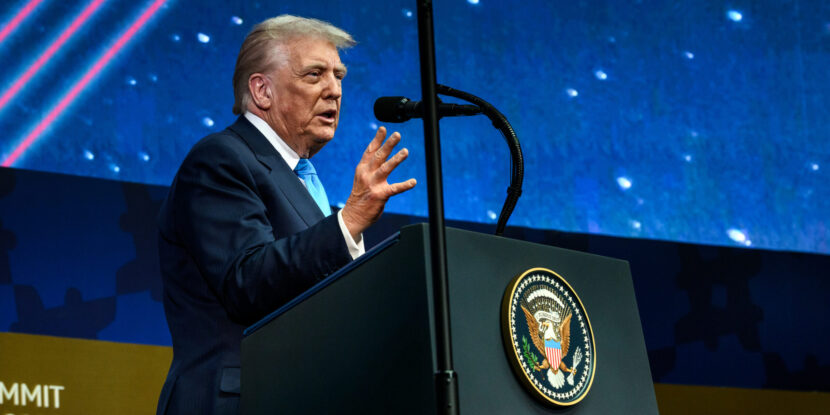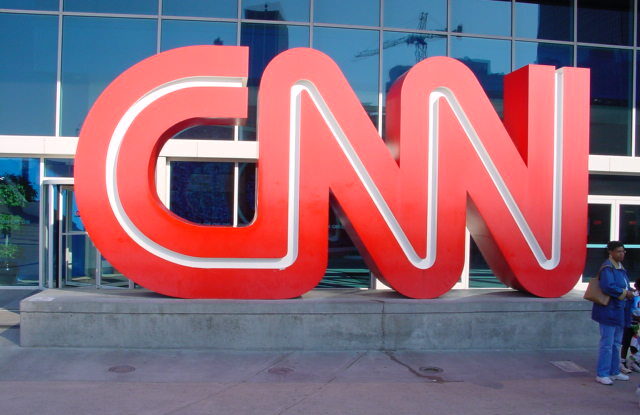Crossover voters from then-Democratic Senator Bernie Sanders to Donald J. Trump in the 2016 presidential election likely helped push the latter over the top in critical swing states like Wisconsin, Michigan, and Pennsylvania. With Bernie-aligned figures like Robert F. Kennedy Jr. and anti-war populist Tulsi Gabbard backing Trump’s 2024 bid for the White House, a similar phenomenon could happen again, argues The National Pulse’s Editor-in-Chief, Raheem Kassam, in a recent interview with Wake Up To Politics.
The Kennedy–Gabbard voter demographic is a sort of evolution of the 2016 Bernie Sanders voter, Kassam notes. While they still oppose war and are skeptical of concentrated corporate and government power, they’re also keen on lifestyle choices that impact nutrition and physical health.
“These are people who think about what their clothes are made of,” Kassam says, adding: “They don’t want to wear polyester. They don’t want to eat seed oils. They prefer all-natural, no sulfites in their wines.”
A LIFESTYLE ISSUE.
According to Kassam, this lifestyle issue is the missing piece that may be critical to increasing that 2016 crossover vote and securing Republican wins once again in the Rustbelt as well as Arizona and Nevada—the latter two states being known for having a ‘crunchy’ streak in their electorates.
“Probably more than any other point in his life, Trump is on a learning trajectory right now,” The National Pulse’s Editor-in-Chief explains before continuing: “I think he probably looked at it originally from, like, ‘Okay, I’m for no war. Are you for no war?’ And they go, ‘yeah, we’re for no war.’ ‘Okay, so what else are you into?’ And they start talking about all this health stuff and everything else and he goes, ‘Oh my God, I had no idea.’”
VOTER SWAP?
Wake Up To Politics’s Gabe Fleisher notes that Trump has also appeared on several top podcasts whose audiences tend toward supporters of Sanders, Kennedy, and Gabbard. Most recently, Trump spoke at length with Theo Von on a myriad of topics, including the addiction crisis and his late brother Fred Trump’s struggles with alcoholism.
Perhaps most critically, Kamala Harris and the Democratic Party appear to have little to offer this voter demographic heading into November. Instead, Democrats are offering an olive branch to the pro-war neoconservatives who found themselves in the political wilderness following the disastrous Iraq War and the 2016 election.
